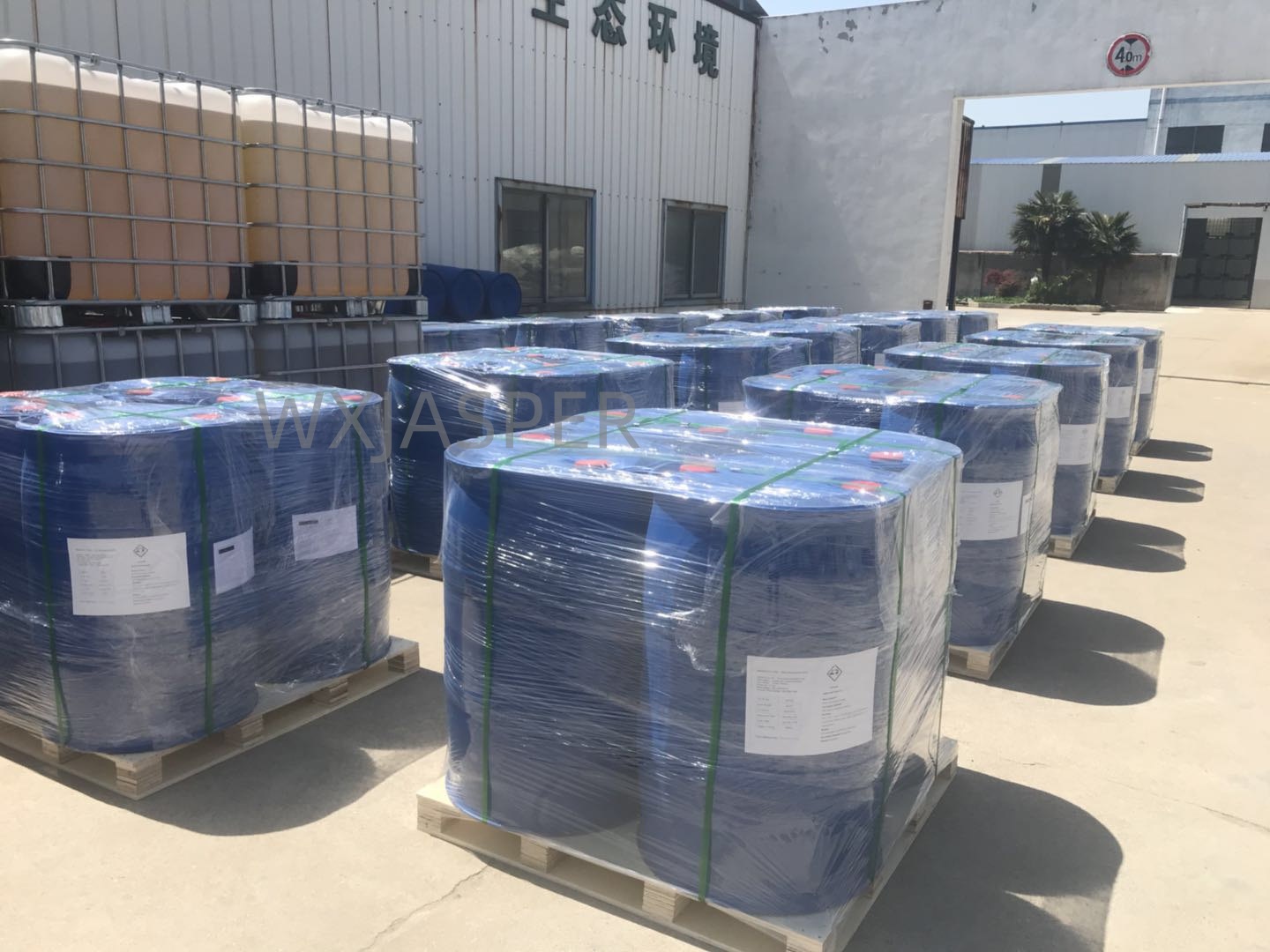Product Details
CasNo: 54549-25-6
MF: C16H32O6
Appearance: liquid
Delivery Time: 15 days
Packing: 200kg/drum
Purity: 60%
Basic Information
- Chinese Name: 癸基葡糖苷 (Decyl Glucoside)
- English Name: Decyl Glucoside
- Synonyms: n-Decyl β-D-glucopyranoside, Alkyl Polyglycosides (APG), APG0810, etc.
- CAS Number: 54549-25-6, 68515-73-1, etc.
- Molecular Formula: C₁₆H₃₂O₆
- Molecular Weight: Approximately 320
Physicochemical Properties
- Appearance: Industrial products are usually colorless to light yellow transparent aqueous liquids with a concentration of 50% to 70%.
- Solubility: Easily soluble in water and relatively soluble in common organic solvents.
- Surface Tension: Low.
- Foaming Performance: Rich, fine, and stable foam.
- Chemical Stability: Resistant to strong acids and alkalis, with strong wetting power.
Characteristics and Advantages
- Non-toxic and Harmless: Non-toxic, harmless, non-irritating, and has low irritation to skin and eyes.
- Biodegradability: Biodegrades quickly and completely, without causing pollution to the environment.
- Compatibility: Can be compounded with various surfactants, showing obvious synergistic effects.
Production Methods
- Direct Glycosidation Method: Using glucose and decanol as raw materials, decyl glucoside is directly produced under the action of a catalyst. The reaction is usually carried out under vacuum conditions. After the reaction, unreacted decanol needs to be removed and decolorization treatment is performed.
- Transglycosidation Method: First, glucose reacts with short-carbon-chain alcohols (C2-C4) to form short-carbon-chain glucosides, which then undergo a glycoside transfer reaction with decanol to produce long-carbon-chain decyl glucoside. This method can obtain products with a relatively high degree of polymerization.
Application Fields
- Cosmetics: Used as an emulsifier, humectant, thickener, etc., in the production of shampoos, skin care lotions, sunscreen lotions, etc.
- Industrial Cleaning: Applied in fields such as metal cleaning, industrial bottle washing, and transportation tool cleaning.
- Biochemical Industry: Has a good effect in the biochemical field of solubilization and reconstitution of membrane proteins, and can also be used for the stabilization of proteins.
- Food Additives: Serves as a food emulsifier, which can improve the taste and texture of food.
- Plastic and Building Material Additives: Plays a role in stabilization and flame retardancy in plastic products, and is used as an air-entraining agent in concrete.
- Pesticide Synergist: Has a significant synergistic effect on herbicides, insecticides, and fungicides.
Quality Indicators
Taking the 50% concentration Decyl Glucoside from Jinmoer Chemical Co., Ltd. as an example, its quality indicators are as follows:
- Appearance: Colorless transparent liquid
- Active Substance Content: 50%
- pH Value (10% Aqueous Solution): 11.5-12.5 or 7-8
- Free Alcohol Content: ≤0.5%
- Inorganic Salt Content: ≤3.0%
- Average Degree of Polymerization: 1.4-1.8
- Viscosity (20℃): ≥400 mPa·s
- HLB Value: 14-16
- Density: 1.05-1.08 g/cm³


